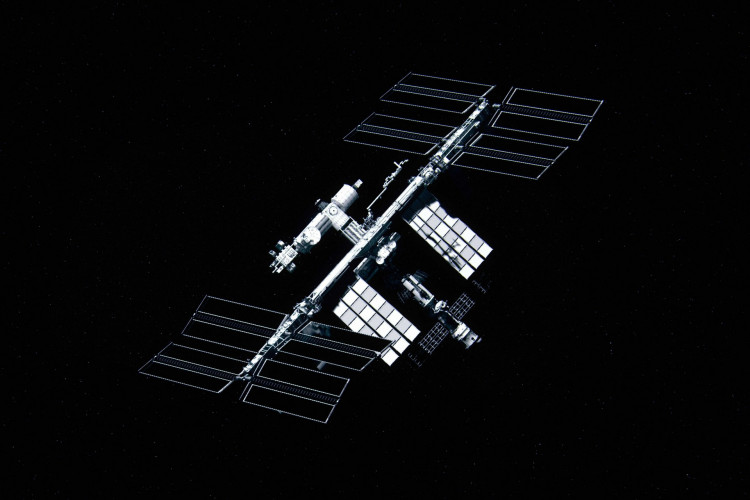Nanoracks, a private space company, has announced the successful first test of new technology for removing trash from the International Space Station.
The International Space Station may appear glamorous, but astronauts aboard the orbital outpost must still dispose of trash. It's currently a time-consuming and expensive process, but Houston-based Nanoracks announced yesterday the successful testing of a new waste management system that has the potential to significantly streamline the process.
On July 2, a highly engineered trash bag containing 172 pounds (78 kilograms) of ISS garbage was launched from the space station and burned up in the Earth's atmosphere. Nanoracks has taken a small step forward, but the future of celestial waste disposal has taken a giant leap. The experiment, which was carried out in collaboration with NASA's Johnson Space Center, could represent a more efficient way for ISS astronauts to keep their home in order.
"Waste collection in space has been a long-standing, yet not as publicly discussed, challenge aboard the ISS," Cooper Read said, Nanoracks' Bishop Airlock program manager, in a press release. "This was the first open-close cycle of the Bishop Airlock, our first deployment, and what we hope is the beginning of new, more sustainable ISS disposal operations," Nanoracks CEO Amela Wilson said.
The ISS does, in fact, have a trash problem. Astronauts currently store their garbage inside resupply vehicles, such as the Cygnus freighter, which are then sent on journeys through Earth's atmosphere where they burn up on reentry.
The new Nanoracks system, on the other hand, includes a container mounted in the ISS's Bishop Airlock where astronauts can fill a bag with up to 600 pounds (272 kg) of garbage. The bag is then released from the airlock and sent into the Earth's atmosphere to be destroyed. According to Nanoracks, this new waste disposal method will not contribute to the creation of space debris.
Nanoracks' next steps for this new technology are unclear, but the company does mention that it is excited to see how it can integrate this new system into future commercial low Earth orbit applications. Wilson stated in the release that Nanoracks will continue its relationship with NASA and that "we look forward to continuing this collaboration."
Trash disposal is an often-overlooked aspect of an astronaut's daily life, but its importance to the smooth operation of a space station is critical to its long-term success. As crewed missions travel deeper into our solar system-and beyond-effective waste management without the wasteful and costly use of resupply vehicles will be critical.






